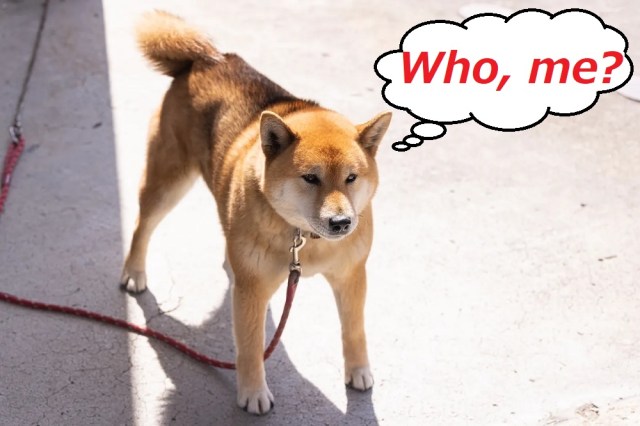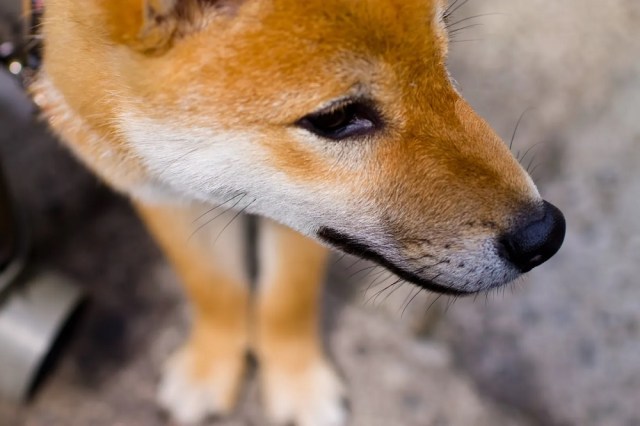Excessive dog pee to blame for traffic light collapse, Japanese police think

Suspects in Suzuka were presumably bad boys.
Back in February, a signal light at the corner of an suburban intersection in the town of Suzuka, Mie Prefecture, fell over. Thankfully, no one was injured when the six-meter (19.7-foot) tall iron pole toppled, but the circumstances were worrying given the relatively short time since it had been installed.
Naturally, infrastructure doesn’t last forever, but the city expects poles of this type to have a service lifespan of about 50 years before the need replacement. The pole, though, had only been planted in its spot on the corner in 1997, making it just 23 years old and not even to the projected halfway point of its durability.
▼ Video showing the pole shortly after it fell
Clearly something had gone unexpectedly wrong, but the damage didn’t appear to be the work of a purposeful vandal. During the on-site investigation, though, police officers noticed a large number of local residents passing right by where the pole had been standing while walking their dogs. It turns out that side of the street overlaps with the courses many pooch owners regularly walk with their pets, and the police began to suspect their might be a connection.
Conveniently, there’s another signal light pole on the other side of the road, and so the Mie Prefectural Police Scientific Investigation Research Lab decided to perform some tests to check for the presence of urea, the nitrogenous compound that’s essentially the non-water part of urine. Sure enough, they found nearly eight times as many urea traces on the pole that had fallen than on the one across the street that got less paw traffic from dogs. Even more startling were the results from testing the ground around near the base of the poles, in which the dog-preferred spot had 42 times the amount of urea than its never-toppled counterpart.
Deduction: it was probably all the pooch piss that took down the pole. Researchers believe the urea likely accelerated the rate of corrosion in the metal, particularly around its base, until it eventually became weak enough to snap. “Even if the individual amounts of urine are small, repeated application over the course of many months and years can have a highly damaging effect on public infrastructure,” lab head Koji Takahashi explained.
▼ Local dogs had no comment in regard to the accusations.

Online reactions to the lab’s test results have included:
“That’s the power of piss.”
“Does this mean dog owners should start carrying their own poles for their pets to pee on when going on walks?”
“Or maybe we need to develop special pee-resistant coating paint?”
“Dogs really have no manners [from a cat lover:.”
“Don’t let your dogs piss on the street. Period.”
That last sentiment, though more diplomatically phrased, was one Takahashi shared, saying “We would like for pet owners to have their animals do their business at home before they take them out for walks.”
Of course, dogs peeing on things isn’t always about them emptying their bladders, as it can also be an instinctual way of claiming territory, and some local pet owners said that their dogs often begin urinating on objects like signal lights during walks before they notice and can stop them. At the very least, though, hopefully locals will be diligent about carrying a bottle of water with them to wash away the pee before it can soak in and melt the replacement pole.
Source: NHK News Web via Hachima Kiko, Yahoo! Japan News/CBC TV, YouTube/TBS News
Top image: Pakutaso, (edited by SoraNews24)
Insert image: Pakutaso
● Want to hear about SoraNews24’s latest articles as soon as they’re published? Follow us on Facebook and Twitter!
Credit:

0 comments: